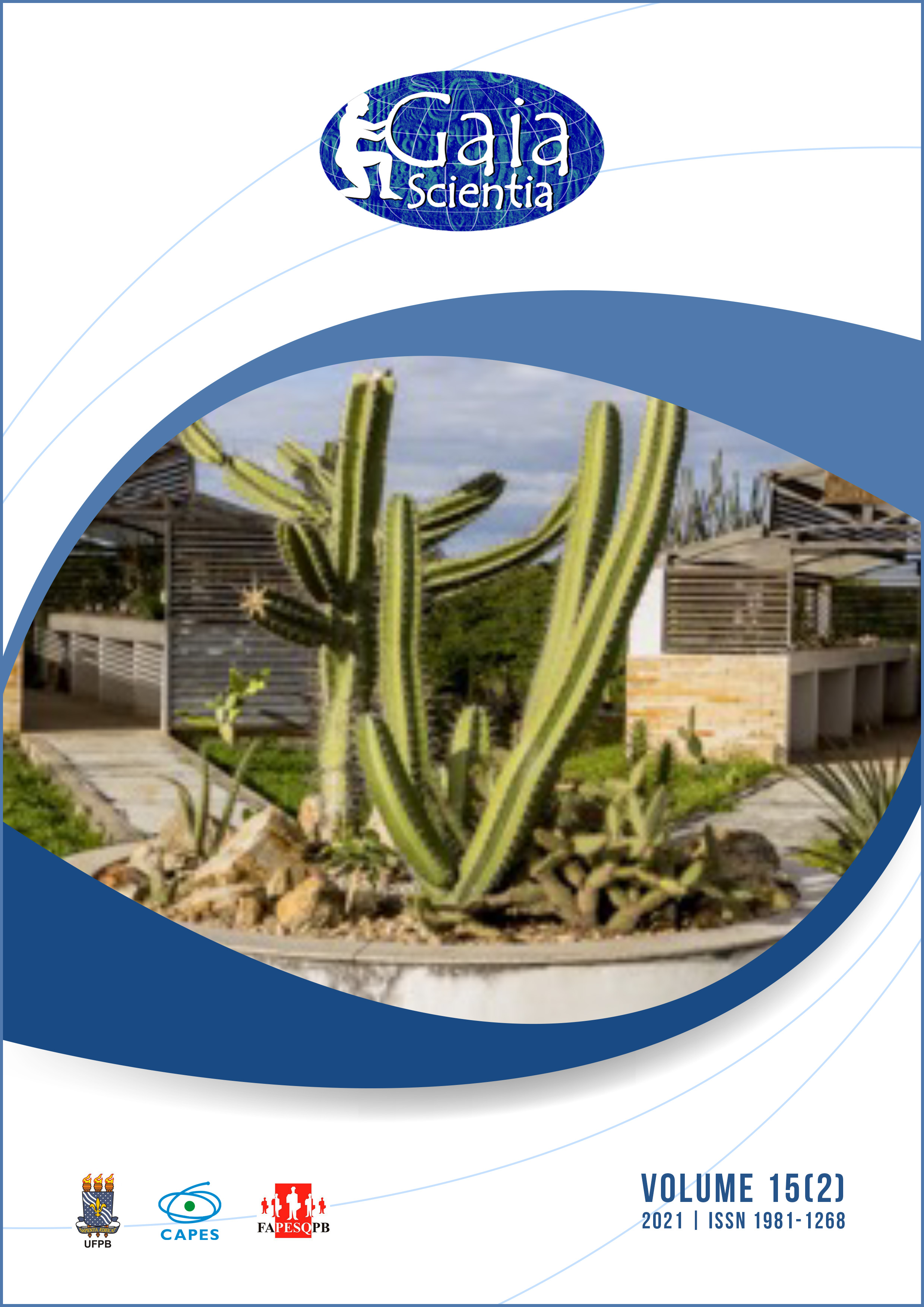Effectiveness of Water Producer projects: case study of the Water Producer project in the Camboriú river Basin, Santa Catarina - Brazil
Abstract
The Brazilian National Water Agency (“ANA”), created a strategy to help solve the problem of water shortage in Brazil, named the Water Producer Program (WPP). The main objective of this project is to increase the quantity and quality of water in key water basins. In the present study, we propose a protocol model to measure the effectiveness of water supply projects in Brazil. The protocol was applied as a case study in the water producer (WP) project of the Camboriú River Basin (BHRC), in the state of Santa Catarina, Brazil. The indicators used to develop the protocol were adherence of landowners; conservation and restoration areas; adequately maintained roads; hydrological monitoring; environmental education; project management; and water quality and quantity. Results showed a 50% effectiveness of the protocol applied to the WP project of the BHRC, which can be considered a good value, considering the relatively recent development of the project, going back four years. The protocol created for this study can aid WP project managers in Brazil by providing an adaptable methodology to measure effectiveness over time.










